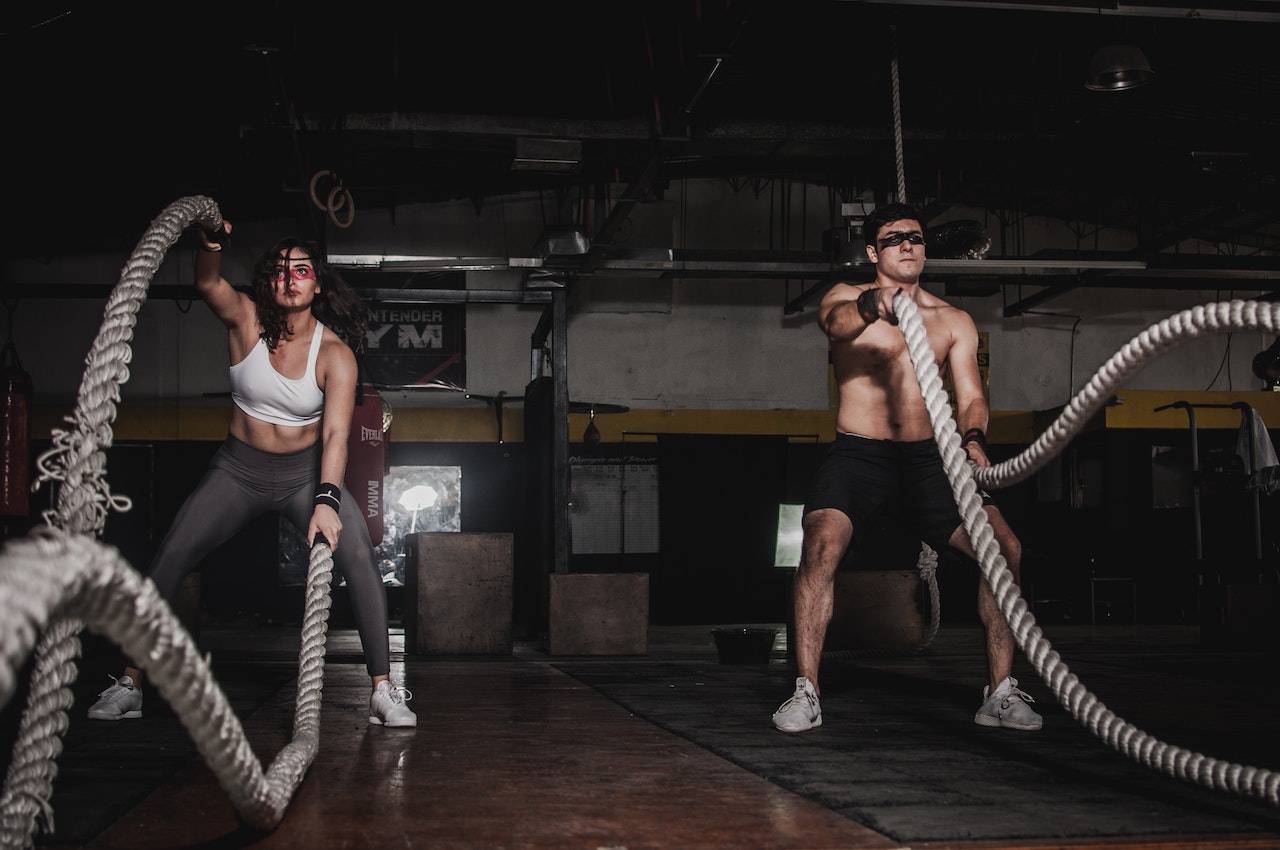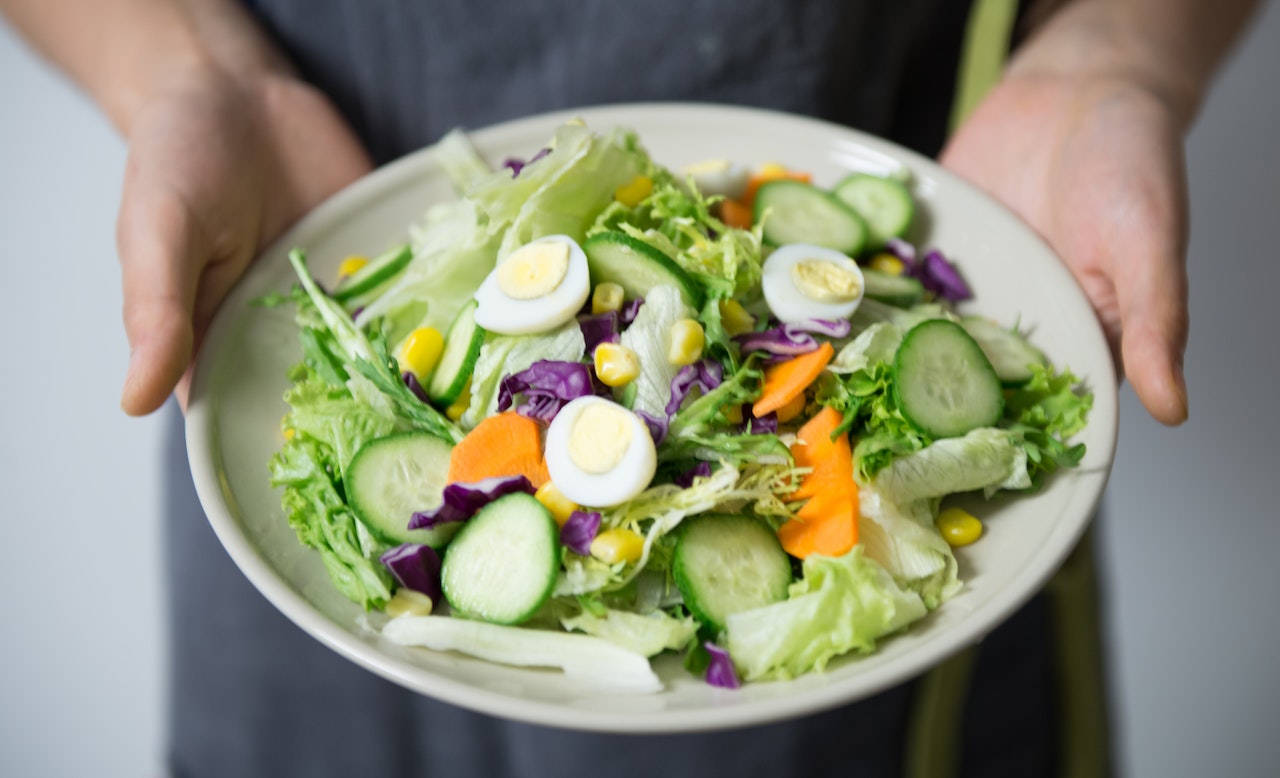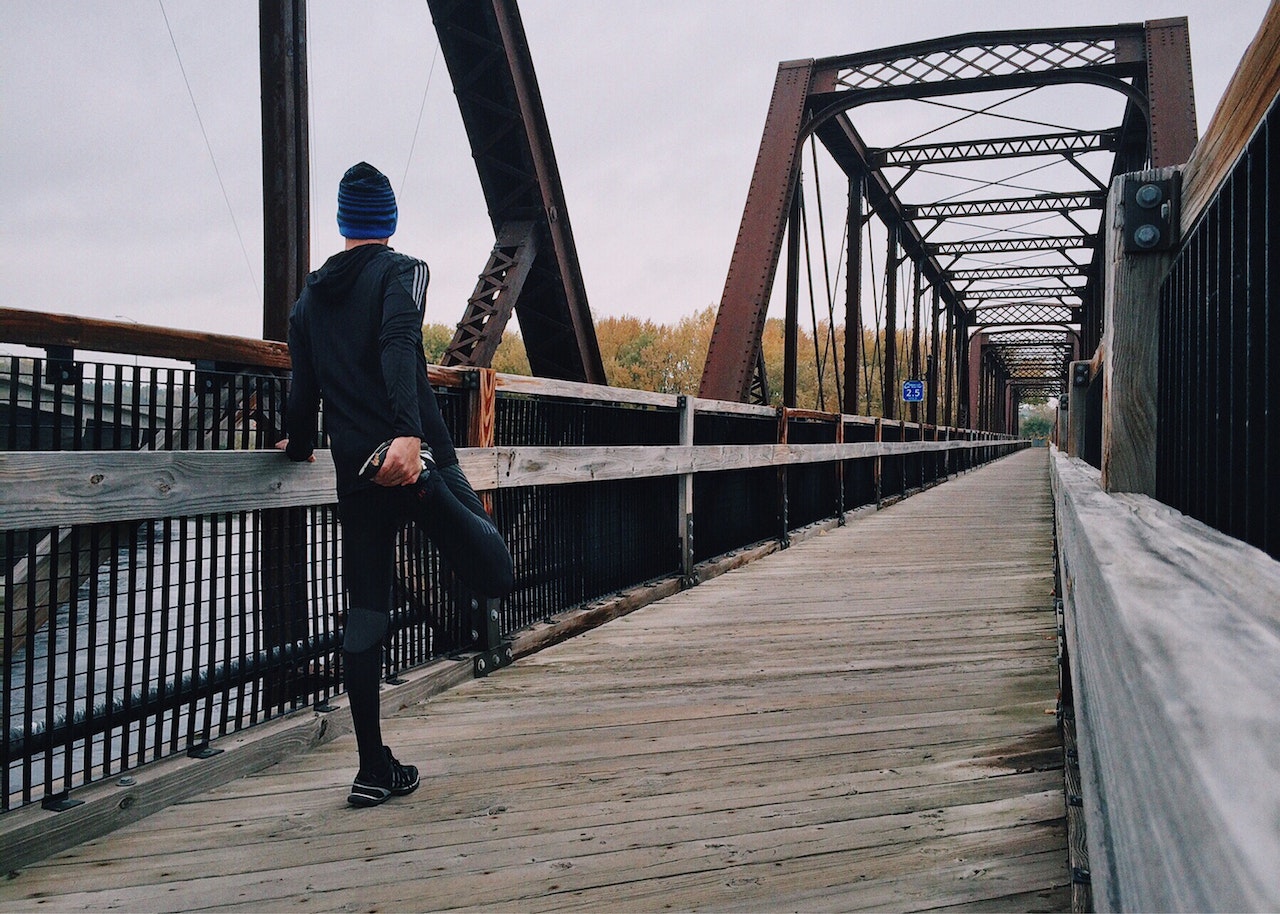In my last blog post, I made a case for why getting better at the basics will make you a better, faster, stronger person. I gave an example of a workout and explained that I would do that workout week after week, adding weight to each lift every time I do it. I received a few messages after that blog post asking “Is this the only way to measure progress in the gym?” Definitely not. This is but one of many definitions for “progress” when measuring your advancement in your program.
When it comes right down to it, if you’re adding more weight, more repetitions, or a combination of both to your chosen exercises, this is progress. If you’re a novice or intermediate lifter, progress would be your ability to add at least a few pounds to all your major lifts each week. If you’re a bodybuilder, being able to do 15 reps of triceps extensions when you could previously only do 12 with that same weight is progress. Cranking out an extra 10 seconds of all-out effort on a sprint is also progress.
Whatever your goal is, whether it be strength, aesthetics, or endurance, you should be progressing and becoming better week after week, month after month, year after year. If you’re not, it may be time to re-evaluate your workout program so that you can get back on track. If you don’t know how to go about that, then having a knowledgeable coach or trainer can make a huge difference. Don’t get stuck in a rut. Get help. There’s nothing worse than wasted time when it comes to your training.
Should I Exercise When I’m Sick?
Since I’m under the weather, I figured I’d share the best practices for exercise when you’re sick:
If you have a cold or sore throat with no fever, you can exercise, but whether you can exercise is another story unto itself. If you need a box of Kleenex with you on the treadmill or are coughing all over the people in the gym, it’s probably best to cut it short and get some rest.
If you have a fever/vomiting/nausea etc., skip the gym and get better. Vigorous exercise can weaken the immune system, and that’s the last thing you need. Drink lots of fluids, sleep as much as you can, and just generally relax when you’re sick. The gym can wait.
I’m going to get myself better this weekend, get back to the gym, and regain the ability to taste food, and I will check in with better progress next week. Take care guys. Have some Vitamin C for me!
You Must Weight Your Food
A very big part of counting calories, macros or any other measurements of food is knowing how much you’re actually eating. That’s why a food scale is probably the most important kitchen gadget you can own. While it may seem like a major inconvenience, knowing the difference between 3 and 5 ounces of meat or how much a serving of peanut butter truly is can make several hundred calories of difference. You can purchase a decent digital food scale at nearly any department store (Target, Walmart, etc.). I personally measure every non-pre-packaged thing I eat, and if you want to be truly successful, this is something you’ll need to start doing as well.




